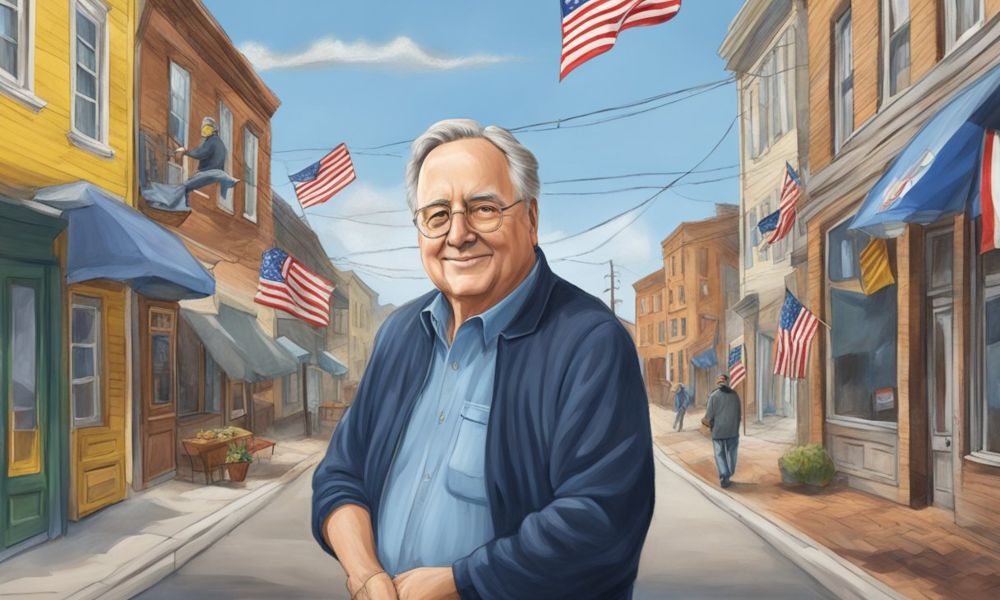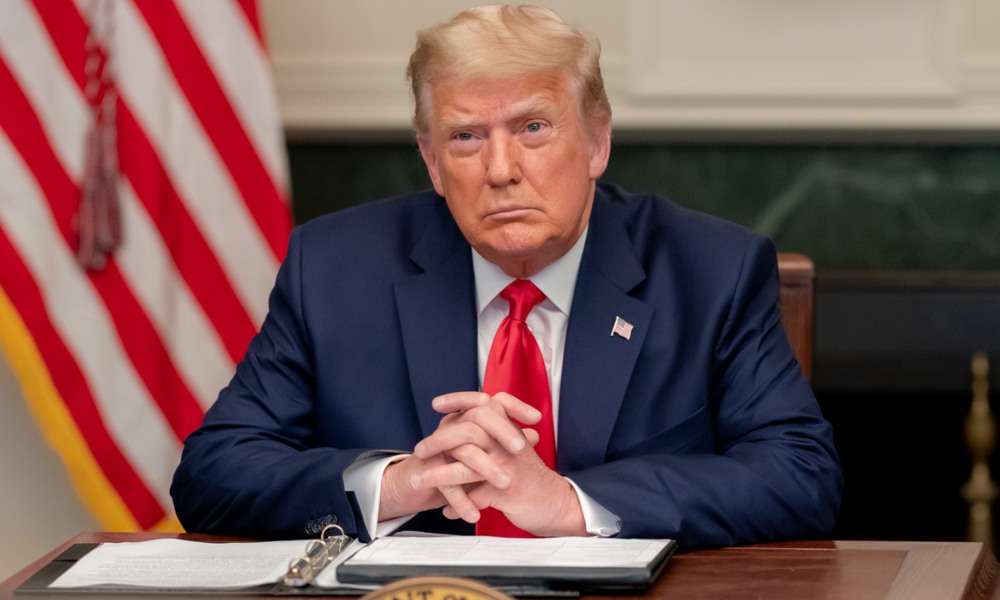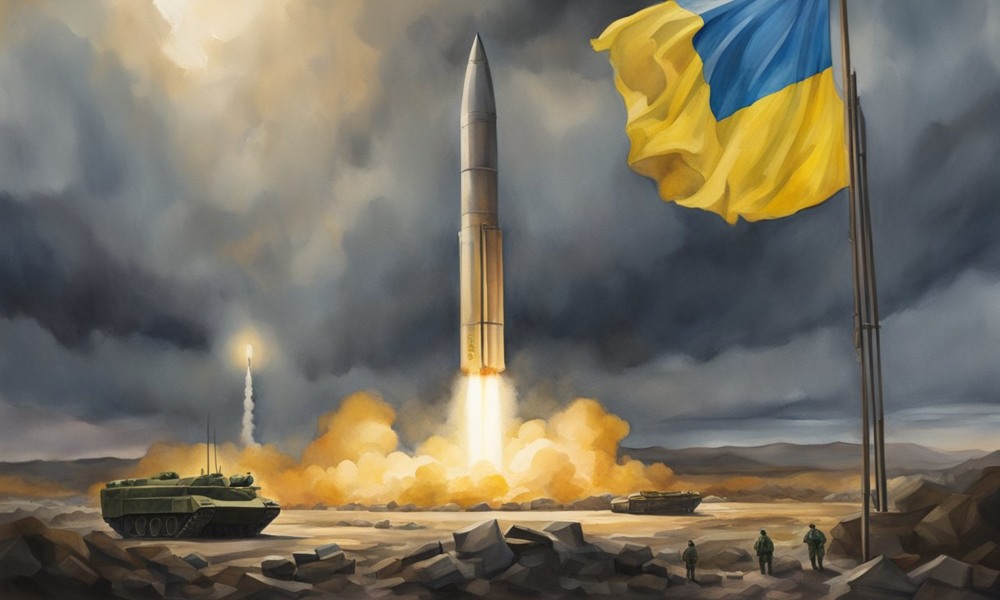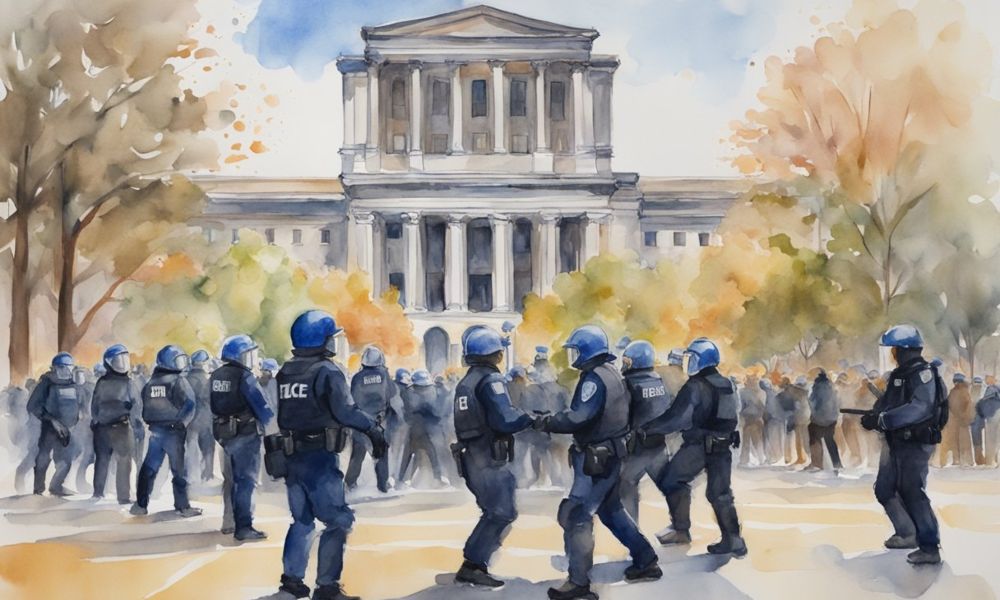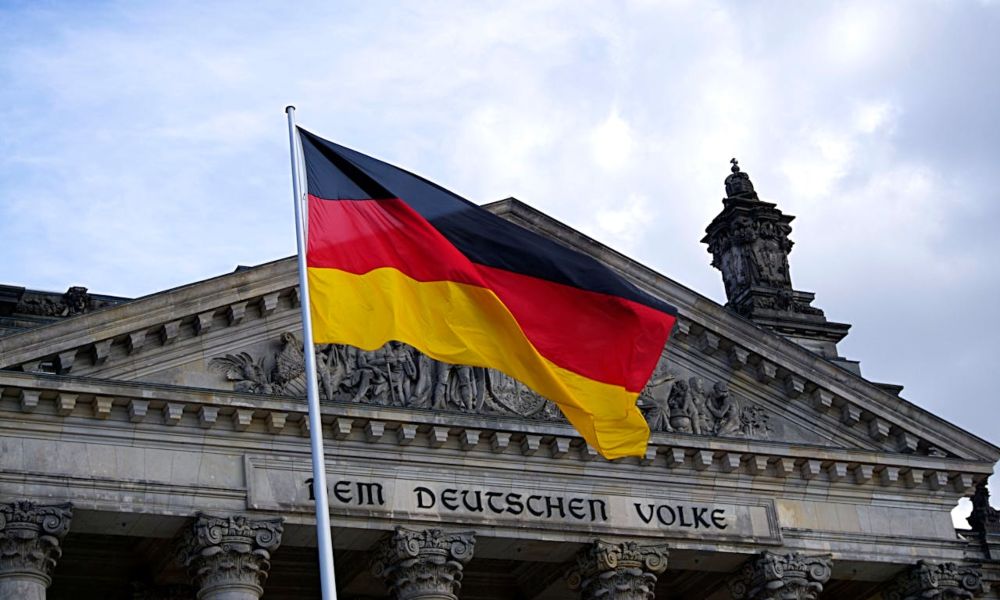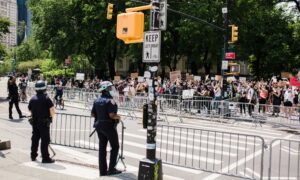College protests turned intense last night at Columbia University in New York City. Here are the key points:
- Police in riot gear raided the campus and arrested many student protesters
- The protesters had occupied a university building for over a day
- They refused to leave until Columbia cut financial ties with Israel
- Columbia said the protesters vandalized the building and threatened staff
Do you know what happened at this significant university protest? Keep reading to find out.
Protesters Occupy University Building
On Tuesday morning, a group called Columbia Students for Justice in Palestine took over Hamilton Hall, an academic building on the Columbia campus in New York.
The protesters barricaded themselves inside and said they wouldn’t leave until the university stopped supporting Israel financially. They defied orders from Columbia administrators to disperse.
School officials warned that any remaining protesters could face disciplinary action, such as expulsion. But the group refused to back down, vowing to stay put.
Police Move In to Make Arrests
After letting the situation go on overnight, Columbia asked the New York Police Department to step in Wednesday evening. The university said it “had no choice” due to vandalism, threats against staff, and safety concerns.
Shortly after 9 pm, riot police surrounded the area near Hamilton Hall. They set up barricades and brought in prisoner vans. Video shows officers in helmets entering the building through windows using ladders.
Police started making arrests, pulling out protesters in plastic handcuffs. The university said those occupying the building faced burglary and criminal mischief charges.
Many protesters and student journalists gathered outside, chanting to support those arrested. Drones flew overhead as police extended the security perimeter for several blocks.
More Campus Protests Nationwide
The Columbia clash wasn’t the only university protest to become tense recently. At the University of Texas on Monday, 79 people were arrested when police broke up an encampment there.
In a White House statement, President Biden said he respects free speech but that “forcibly taking over buildings is not peaceful, it is wrong.”
However, students mobilizing over the Israeli-Palestinian conflict remain defiant at schools nationwide. Brown University says it negotiated with protesters and will hold a vote on divesting from Israel-linked companies.
Opposing Views on Escalating Tactics
Columbia student Jared Quintero felt the police response went too far. “They came in with batons and riot gear from the start against a nonviolent student protest,” he said.
New York Mayor Eric Adams defended the move to clear the building, arguing officers just wanted to restore order. “We can’t have situations where individuals utilize illegal tactics,” he stated.
Some observers worry aggressive tactics on both sides could inflame tensions further. Deescalating may prove difficult with passions running so high.
Does the police crackdown at Columbia go too far? Or were administrators right to take a tough stance in removing disruptive occupiers? The debate around this protest seems likely to continue in the coming days.
